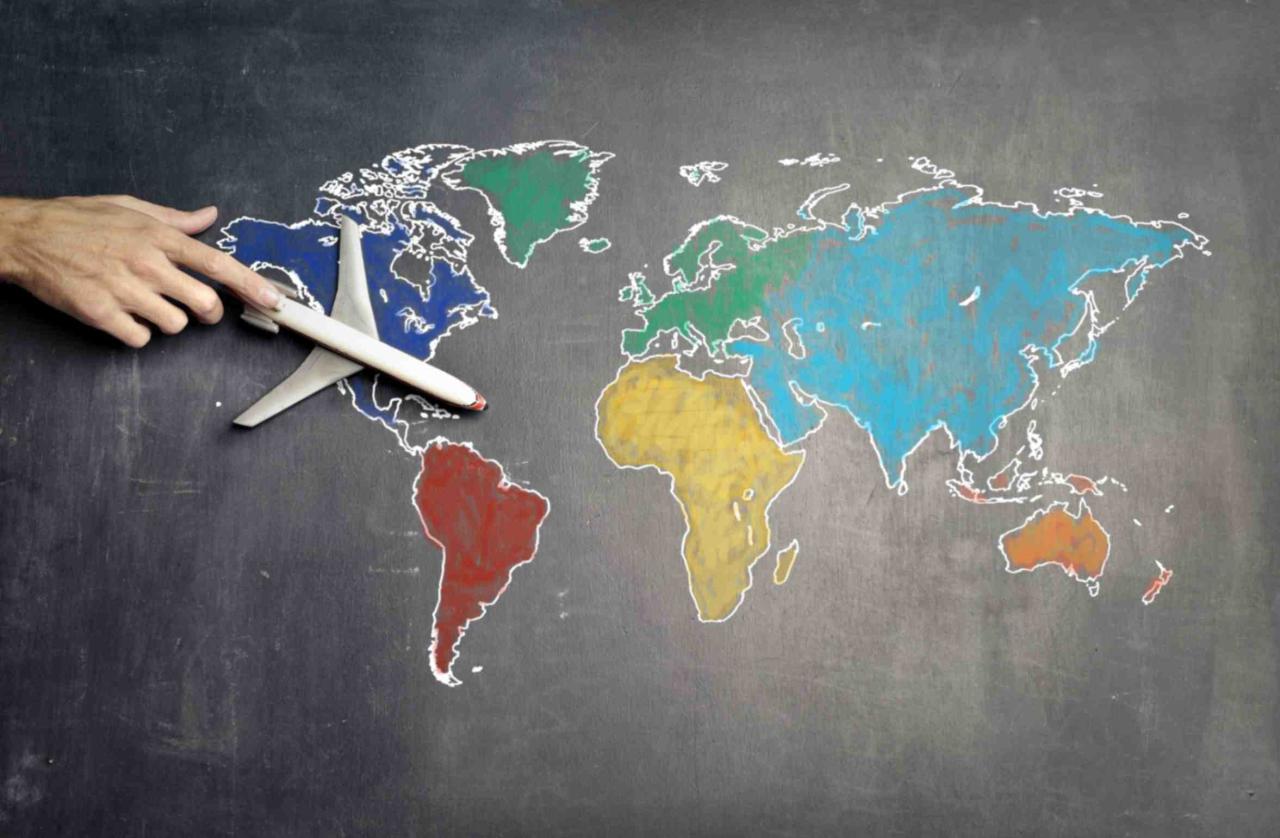

How Technology is Addressing Global Challenges
The world is facing numerous challenges that threaten the well-being of our planet and its inhabitants. From climate change to poverty, inequality, and access to healthcare, the list of global challenges seems endless. However, in recent years, technology has emerged as a powerful tool in addressing these challenges. In this article, we will explore the various ways in which technology is being used to tackle some of the world’s most pressing problems.
Climate Change
Climate change is one of the most significant challenges facing our planet. Rising temperatures, melting glaciers, and extreme weather events are just a few of the devastating consequences of climate change. Technology is playing a crucial role in reducing our carbon footprint and mitigating the effects of climate change. For instance, renewable energy sources such as solar and wind power are becoming increasingly efficient and cost-effective, providing a viable alternative to fossil fuels.
In addition, technologies such as carbon capture and storage, and electric vehicles are helping to reduce greenhouse gas emissions. Furthermore, advanced weather forecasting systems enable scientists to better predict and prepare for extreme weather events, saving lives and reducing the economic impact of natural disasters.
Healthcare
Access to quality healthcare is a fundamental human right, yet millions of people around the world lack access to basic medical care. Technology is helping to bridge this gap by providing affordable and accessible healthcare solutions. For example, telemedicine platforms enable patients to consult with doctors remotely, reducing the need for expensive and time-consuming hospital visits.
Artificial intelligence (AI) is also being used to diagnose diseases more accurately and quickly, allowing for timely interventions and better patient outcomes. Moreover, mobile health (mHealth) technologies are providing vital health information and services to underserved communities, particularly in developing countries.
Education
Education is key to unlocking human potential and breaking the cycle of poverty. However, millions of children around the world lack access to quality education. Technology is helping to address this challenge by providing access to online educational resources, e-learning platforms, and mobile learning apps.
These technologies enable students to learn at their own pace, anytime and anywhere, and provide teachers with valuable tools to create engaging and interactive lesson plans. Moreover, AI-powered adaptive learning systems are helping to personalize education, ensuring that each student receives tailored instruction that meets their individual needs.
Poverty and Inequality
Poverty and inequality are two of the most pressing challenges facing our world today. Technology is helping to address these challenges by providing access to financial services, job opportunities, and social entrepreneurship platforms.
For instance, mobile money technologies are enabling people in developing countries to access financial services, such as loans and savings accounts, that were previously unavailable to them. E-commerce platforms are also providing opportunities for small businesses and entrepreneurs to reach new markets and customers, promoting economic growth and job creation.
Food Security
Food security is a critical issue, with millions of people around the world suffering from hunger and malnutrition. Technology is helping to address this challenge by increasing agricultural productivity, reducing food waste, and improving supply chain efficiency.
For example, precision agriculture technologies, such as drones and satellite imaging, are enabling farmers to optimize crop yields, reduce water consumption, and detect pests and diseases more effectively. Additionally, mobile apps are connecting farmers with buyers, reducing food waste, and promoting sustainable agriculture practices.
Disaster Response and Recovery
Natural disasters, such as hurricanes, earthquakes, and floods, can have devastating consequences for communities and economies. Technology is playing a critical role in disaster response and recovery by providing early warning systems, emergency response platforms, and damage assessment tools.
For instance, AI-powered chatbots are being used to provide critical information and support to affected communities, while drones and satellite imaging are helping to assess damage and prioritize rescue efforts. Moreover, blockchain technologies are being used to ensure that aid reaches those who need it most, reducing fraud and increasing transparency.
Conclusion
The world is facing numerous challenges that require urgent attention and action. Technology is playing a vital role in addressing these challenges, from climate change to poverty, inequality, and access to healthcare, education, and food security. By leveraging the power of technology, we can create a more sustainable, equitable, and prosperous world for all.
As we look to the future, it is essential that we continue to invest in and develop technologies that address the world’s most pressing challenges. By doing so, we can create a brighter future for ourselves and for generations to come.




